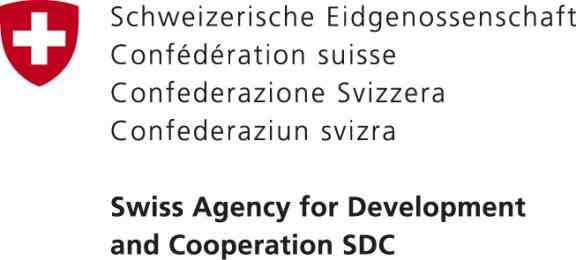Together We Will Explore
-
how to identify mental models behind a social or environmental problem;
-
how to trace their roots and journey to people’s psyche;
-
how to develop alternative mental models that would get to people as effectively;
-
how to deploy new mental models by constructing a new narrative environment;;
-
and how to ultimately channel new ways of thinking into changing the systemic structures that perpetuate the problem.









